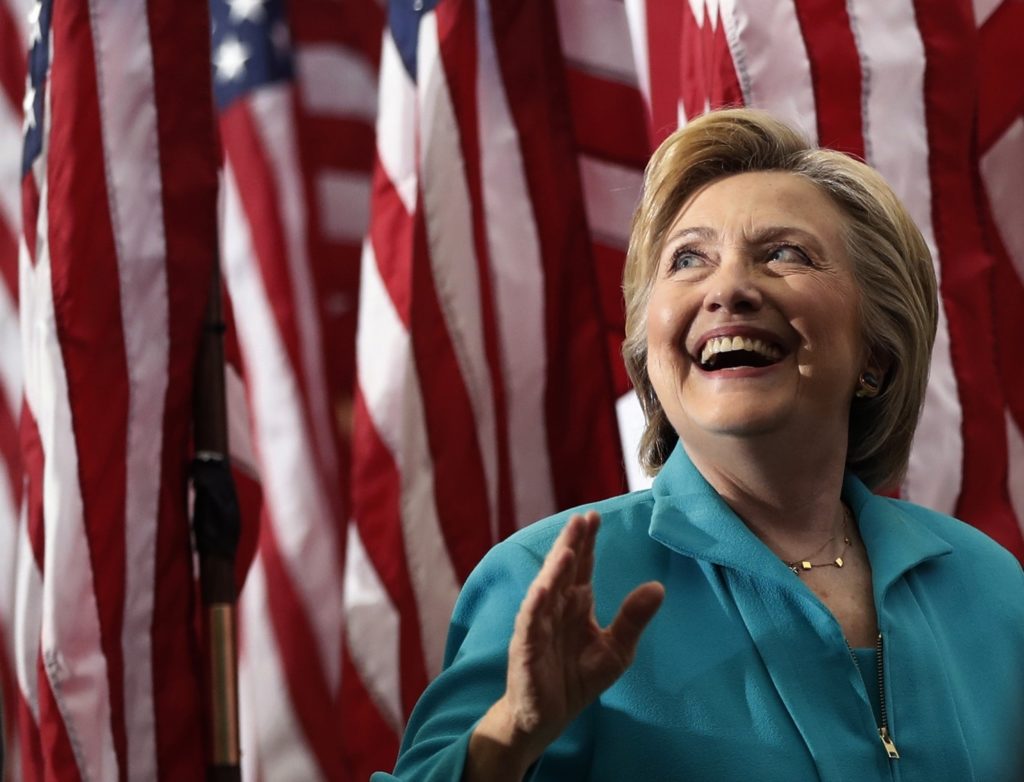Martha Roby: First class pre-k a model for success

This past week I had the privilege of cutting the ribbon on one of Alabama’s new First Class Pre-K locations at the Montgomery YMCA Goodtimes Center. It was exciting to join local and state officials, teachers, education advocates, and, of course, students to celebrate more children gaining access to Alabama’s high-quality pre-kindergarten program. Pre-kindergarten is a voluntary option in Alabama, as it should be. But, it is an important option to offer. Studies show that getting a strong start in pre-K can make a tremendous difference in students’ success down the road. Children who attend a high-quality pre-K program earn higher marks in school, are less likely to repeat a grade, are more likely to graduate high school and attend college, generally go on to earn better salaries as adults, and are more likely to stay out of prison and off public assistance. The critical component that makes the difference is quality, which is why Alabama’s commitment to high standards is so important. Some may not realize that Alabama’s First Class Pre-K is the number one pre-kindergarten program in the country for quality. In fact, Alabama’s voluntary First Class Pre-K program has been ranked number one for quality by the National Institute for Early Education Research for the last ten years. The only problem has been limited access to the program. Thankfully, that is changing. The number of First Class Pre-K classrooms has grown from just 57 in 2006 to 816 today. The Montgomery YMCA Goodtimes Center was one of 164 new classrooms to come online this year. Now, 14,688 Alabama four-year olds have access to high-quality Pre-K. This growth has been made possible by increased investment from state lawmakers and a federal Preschool Development Grant. Most importantly, as Alabama has grown its pre-K program to reach more and more kids every year, it has done so with never once giving up the commitment to quality. First Class remains the gold standard for pre-K nationally, and that’s something we can all be proud of. I believe the success of First Class Pre-K is a lesson for how to tap into the amazing potential that exists in our state. It proves that with the proper commitment to quality, our students here in Alabama can have access to the best education anywhere in the country. It also shows that, if we’re going to build a world class education system in Alabama, it won’t be from the top-down, but from the bottom-up. If we’re going to offer every Alabama student access to a better education, it won’t be done overnight with broad-sweeping policies, but over time – one school at a time and one student at a time. That’s how First Class Pre-K has done it. ••• Martha Roby represents Alabama’s 2nd Congressional District. She lives in Montgomery, Alabama with her husband, Riley and their two children.
What’s on Hillary Clinton’s to-do list before Election Day?

Hillary Clinton will celebrate Labor Day with an edge over rival Donald Trump in any number of the most competitive states, even as she struggles with the challenge of sealing the deal with large groups of voters who consider her dishonest and untrustworthy. Clinton’s experience as secretary of state and her handle on domestic policy make her the favorite in three presidential debates beginning later this month. She has appeared in more than 30 as a presidential candidate in 2008 and 2016. But she still has work to do. A look at Clinton’s Labor Day to Election Day to-do list: DOMINATE THE DEBATES Millions of voters will watch the debates, which offer her an opportunity and a challenge. She needs to prepare for a candidate who’s the most unpredictable nominee in decades. She also needs to prevent Trump from using the televised forums to present himself as a plausible commander in chief, and from turning them into referendums on President Barack Obama’s two terms and Clinton’s decades in politics. Clinton acknowledges that the debates could be pivotal. She told donors last weekend, “Somebody said to me, ‘Well, remember, there’ll be a lot of people watching.’ One hundred million people watching. And 60 million will be paying attention to the campaign for the first time.” CHART A PATH TO 270 Clinton has an edge in most of the highly contested states, the roughly dozen or so where the election will be decided. Her campaign is trying to keep open as many paths as possible through those states to reach the decisive 270 electoral votes needed to win. She enters the fall with a decided advantage, both in terms of history and in this year’s campaign. If Clinton can hold onto the set of states that every Democratic presidential nominee has won since 2000, she starts with 242 electoral votes. Beyond those states, preference polls show her ahead in Virginia and Colorado, and competing in close contests in North Carolina, Florida and Ohio. Applying pressure on Trump, Clinton is advertising in GOP-leaning Arizona and in an Omaha, Nebraska, congressional district. If Clinton can keep open as many routes to victory, she will make it difficult for Trump to chart a way to 270. That will make it hard for him to convince fellow Republicans who are worried about maintaining their congressional majorities that he can win. EXPECT THE UNEXPECTED Clinton’s campaign is bracing itself for some type of ‘October surprise” — an unexpected event that requires the nominee to adjust in the pressure-cooker of the campaign’s final days. Clinton must be able to deftly deal with such a development, and there are plenty of contenders on the horizon. The State Department is expected to release some of the 15,000 emails from Clinton’s time there that have yet to be made publicly available. WikiLeaks has threatened to release more damaging information before the end of the election. She’ll need to make sure any new revelations don’t further damage the public’s view of Clinton, which isn’t particularly strong for a candidate seen as ahead on Labor Day. TURNOUT, TURNOUT, TURNOUT Clinton’s campaign needs to maximize voter turnout among members of the “Obama coalition” — the legions of black, Latino, unmarried women and young voters who powered him to two decisive victories. Trump has sought in recent days to turn around his dismal standing among minorities. But the negative tone of the campaign could dampen turnout and make Clinton’s task more difficult. Clinton also aims to make the most of early voting in a number of critical states, replicating a strategy that worked well for Obama. She will have plenty of help: Obama and Vice President Joe Biden are hitting the road on her behalf and she can also rely on her husband, former President Bill Clinton. TRUSTWORTHINESS Questions about Clinton’s honesty and trustworthiness have dogged her throughout the campaign and she can ill afford to have more voters view her in a negative way. Her saving grace during the campaign has been Trump’s high negative ratings, untrustworthiness and penchant for saying provocative things that have turned off many voters. But more revelations about her private email server or the Clinton Foundation could reinforce the perception that she’s not trustworthy. On Friday, the FBI released notes from its investigation of her email use as secretary of state. It’s the kind of day Clinton needs to avoid. Even if she wins in November, this is a problem could haunt Clinton in the White House. That’s why she needs to start chipping away at her trust deficit now, so that if elected, she will have some public goodwill as she tries to lead the nation and work with Congress. Clinton could find it difficult to enact her agenda if questions about her honesty linger as president. Republished with permission of the Associated Press.


